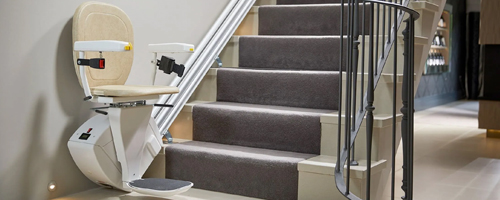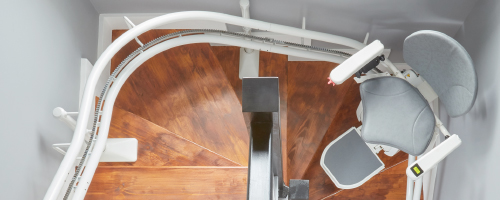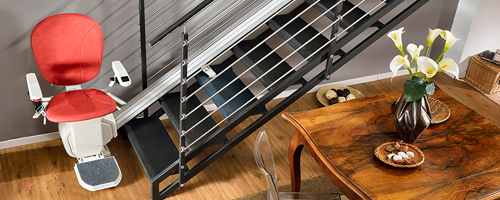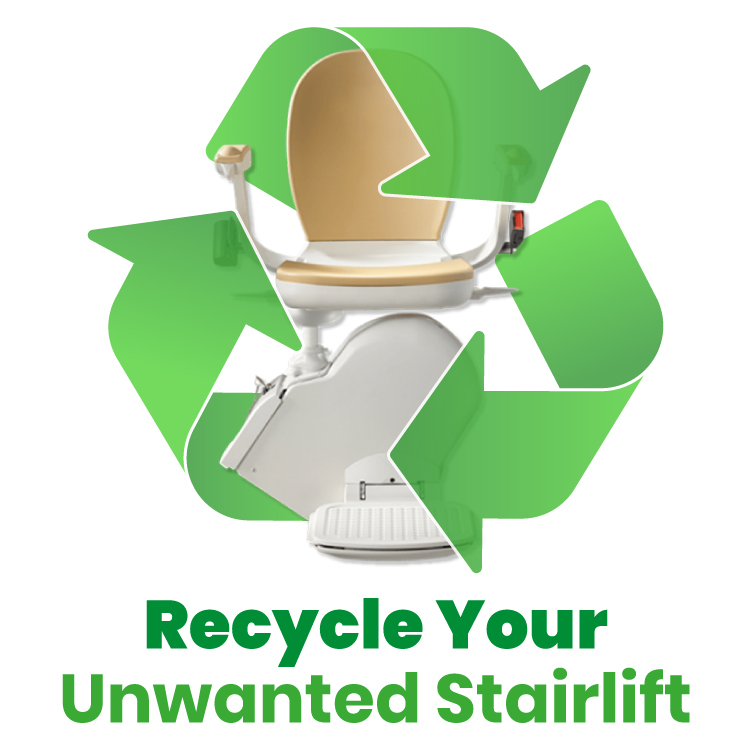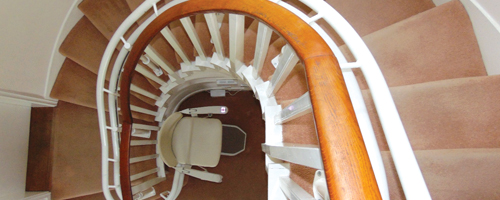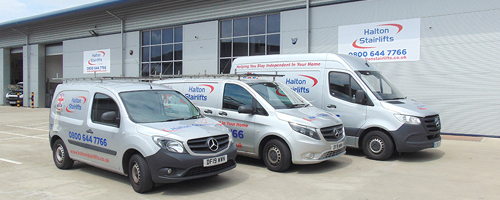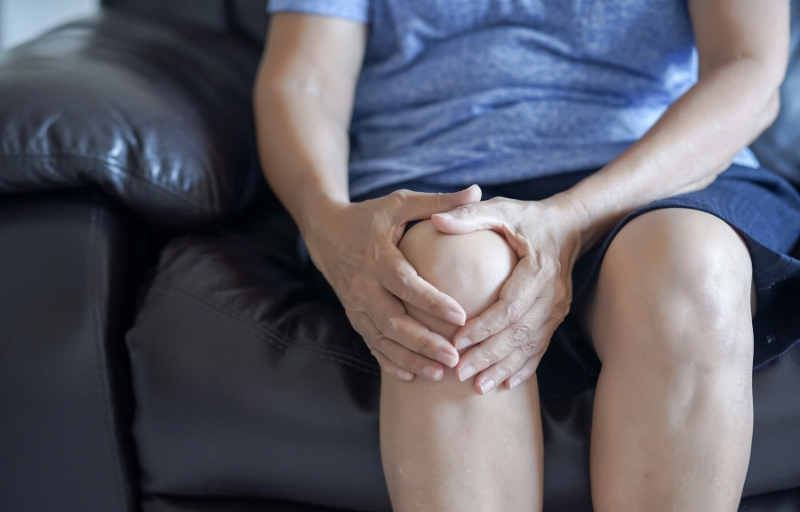Stairlifts are fantastic home adaptations that help people to get up and down the stairs. But who needs a stairlift?
In diverse population groups across the UK, many people will need assistance with climbing the stairs. Here we take a look at the different types of mobility issues that may lead to buying a stairlift.
Who Needs a Stairlift?
There are a whole host of congenital and acquired conditions that can affect mobility. From very young children to the very elderly, people of all ages can benefit from the use of a stairlift if they experience problems with movement and walking. Problems with mobility can be down to:
Pain on moving
People who suffer from arthritis or chronic pain may benefit from the use of a stairlift. If it’s comfortable to sit in a chair lift or lean on a perch lift, then a lot of pressure can be taken off joints and muscles as you go up and down the stairs.
Stiffness in joints and muscles
If you have arthritis or are frail, you’re more prone to stiff joints and muscles. This can make things like lifting your knees difficult. Especially when you need to use the stairs. Stairlifts can eliminate the need to struggle up and down the stairs and give some much-needed relief from stiff knees, hips, and ankles.
Nerve damage or changes to nerves that affect the way they communicate with the muscles in the body
If you’ve had an injury or have a neurological condition like multiple sclerosis or Parkinson’s disease, you may experience weakness, lack of sensation, or intermittent use of your limbs. Installing a stairlift can help you tackle the stairs on the days when you’re not feeling your best. You’re also likely to feel safer and more confident when it comes to using your stairlift to go up and down.
Feeling breathless
If you have a chronic lung condition, like asthma, cystic fibrosis, Chronic Obstructive Pulmonary Disease (COPD) or a disease of the respiratory system, walking up the stairs may leave you gasping for air. Take the effort out of the stairs with a stairlift. If you carry an oxygen supply, you can also transport this using the stairlift (as long as it doesn’t exceed the stairlift’s maximum weight limit).
Feeling like your heart is racing
There are lots of reasons your heart rate can increase. People with heart and cardiovascular conditions, obesity, and anxiety can also benefit from the use of a stairlift. By reducing the amount of physical effort required to reach the top of the stairs, a stairlift can help to reduce the amount of strain on the heart. Find out more in our stairlifts and heart disease: the benefits of a stairlift for heart patients blog post.
Feeling unbalanced or reduced coordination
There are lots of conditions that can lead to feelings of dizziness and incoordination. From ataxia to anxiety, a stairlift can provide a firm base to travel on so you don’t have to grip the bannister every time you need to use the stairs.
Stairlifts are intended for people who can mobilise around a single level of their home quite well. They’re most suitable for people who find the stairs physically demanding and the toughest part of their day. If you think you or someone you know might benefit from the use of a stairlift, give us a call on 0800 644 7766 and we’ll happy to give you advice.

Neil is the founder of Halton Stairlifts. He has years of experience installing stairlifts across the UK. With an eagerness to help those with mobility issues get up the stairs, Neil understands how important it is for a seamless and straightforward approach to installing stairlifts to help those in need quickly.
